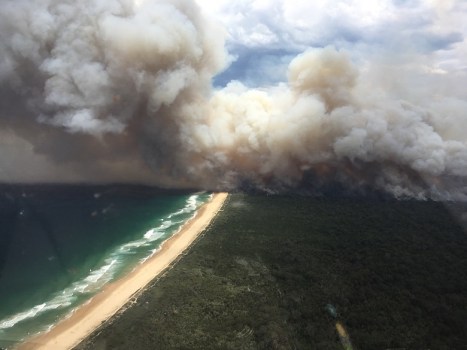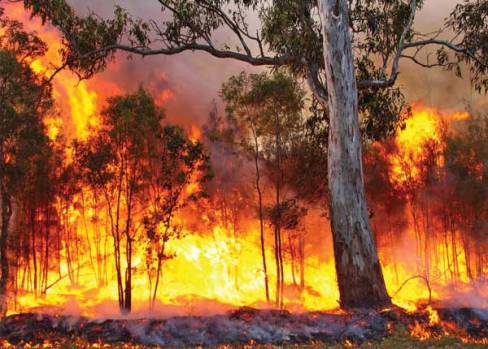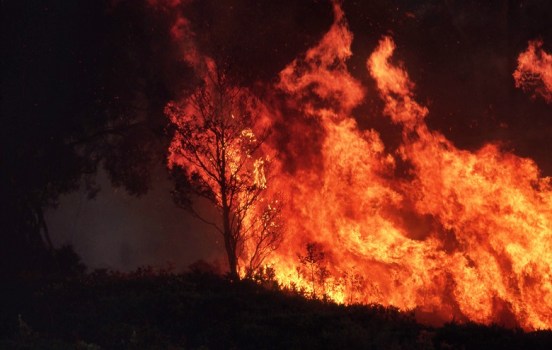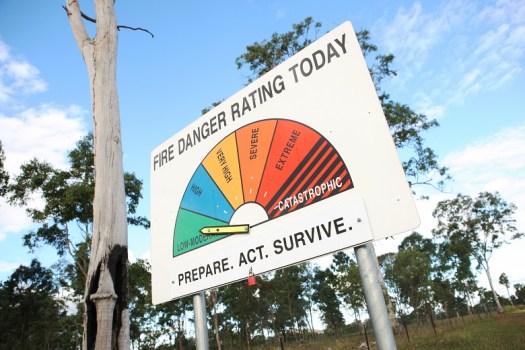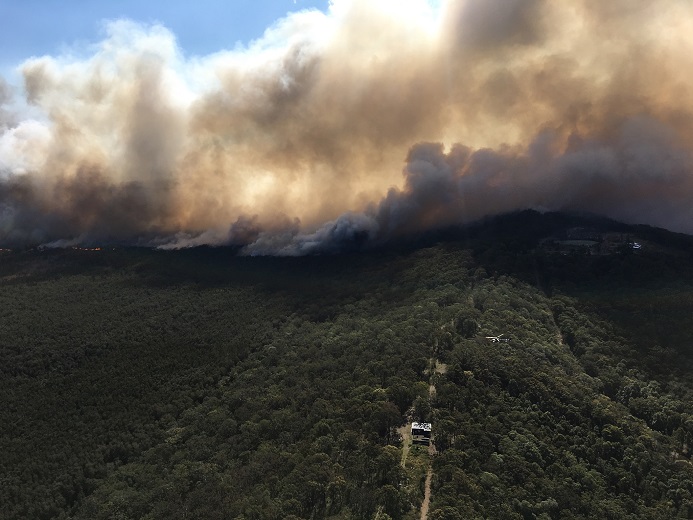
Former Australian Federal Police Commissioner Andrew Colvin will head a new national bushfire recovery agency modelled on the agency established in response to the 2019 North Queensland floods.
Prime Minister Scott Morrison last week announced $2 billion to fund bushfire recovery efforts, with a dedicated agency to support affected communities.
He has also flagged a royal commission into the fires, saying there was a need for a national review and that he’d be taking a proposal to Cabinet.
The $2 billion recovery fund is in addition to the natural disaster relief and recovery arrangements already in place in bushfire affected areas.
A chief of the National Bushfire Recovery Agency, Mr Colvin, will report to water resources minister David Littleproud.
The agency will act as a ‘one stop shop’ to coordinate response to the bushfire crisis, and will be based on the North Queensland Livestock Industry Recovery Agency.
Its key tasks will include:
- Working with state, territory and local governments, community stakeholders and relevant Commonwealth agencies
- Ensuring affected communities have access to support and services
- Providing advice and recommendations to government on the economic and social impacts of bushfire on affected communities
- Developing and coordinating delivery of a long-term recovery plan for bushfire affected communities
It will operate for at least two years and will also work closely with the states and territories to assist communities in as coordinating mental health support.
“This fire and the haze and the fear and the quite extreme conditions would have had a profound impact on the mental health and wellbeing of people in communities,” Mr Morrison told reporters on the weekend.
“Not just in those areas where people are resident but people who would have been there during the course of these fires.
“So it’s important we are addressing the mental health needs as well as the many other health needs that will need to be addressed.”
Deployment of reservists
Mr Morrison also announced the compulsory call-out of Australian Defence Force Reserve Brigades on the weekend.
Starting immediately, up to 3,000 reservists will be deployed to fire-affected areas to support state emergency authorities.
ADF national support coordinator Major General Justin Ellwood will oversee operations in affected states.
The deployment will build up over the next few days and weeks as required and remain in place until it is no longer needed.
“Today’s decision puts more boots on the ground, puts more planes in the sky, puts more ships at sea, and puts more trucks to roll in to support affected communities,” Mr Morrison said.
Minister for Defence Linda Reynolds said the four key priorities for the reservists are to:
- provide isolated communities with life-saving supplies for immediate relief
- provide evacuation to vulnerable people in isolated communities
- assist with assessment and reopening of vital roads
- assist fire services with preparation of fire breaks away from the fire fronts themselves.
“It is the first time that reserves have been called out in this way in living memory and, in fact, I believe for the first time in our nation’s history,” Ms Reynolds told reporters.
However the government’s decision to release a videos on social media advertising the defence deployment and talking up the government’s response to the bushfire crisis attracted widespread criticism by media commentators with some critics saying the videos were inappropriate and accusing the government of politicising the ADF.
In a tweet, the Australian Defence Association criticised the videos as “cliche-ridden” and “a clear breach of the (reciprocal) non-partisanship convention applying to both the ADF & Ministers/MPs”.
The government has defended the videos.
Fires continue to burn in NSW
Commissioner of the NSW Rural Fire Service Shane Fitzsimmons said on Sunday evening that 150 fires were still burning across NSW.
“All our fires are now off the emergency warning alert level,” he told reporters.
“We’ve got nine at the watch and act alert level, which is indicative of ongoing fire behaviour and potential and fire still burning in and around lots of communities.”
Mr Morrison has postponed his upcoming visits to India and Japan to stay close to the disaster and recovery operations.
Comment below to have your say on this story.
If you have a news story or tip-off, get in touch at editorial@governmentnews.com.au.
Sign up to the Government News newsletter
